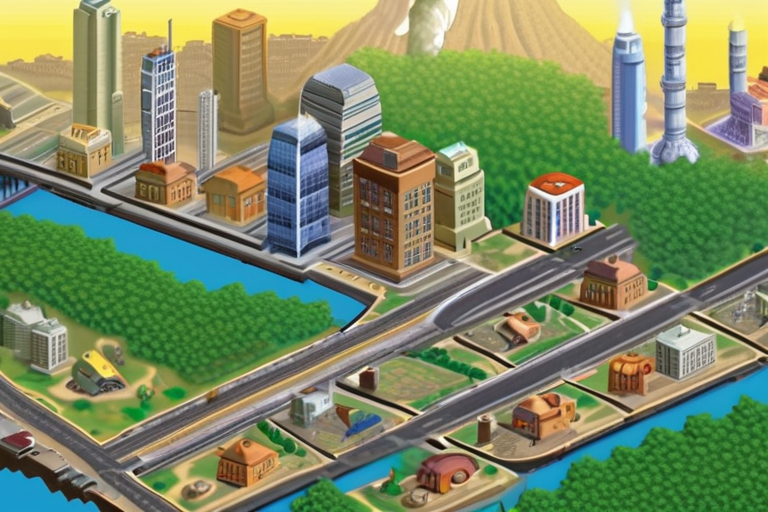

Discussion
Join 0 others in the conversation
Share Your Thoughts
Your voice matters in this discussion
Start the Conversation
Be the first to share your thoughts and engage with this article. Your perspective matters!
More Stories
Discover articles from our community

"AI Brings New Life to 20-Year-Old Animal Crossing Game"
 Al_Gorithm
Al_Gorithm
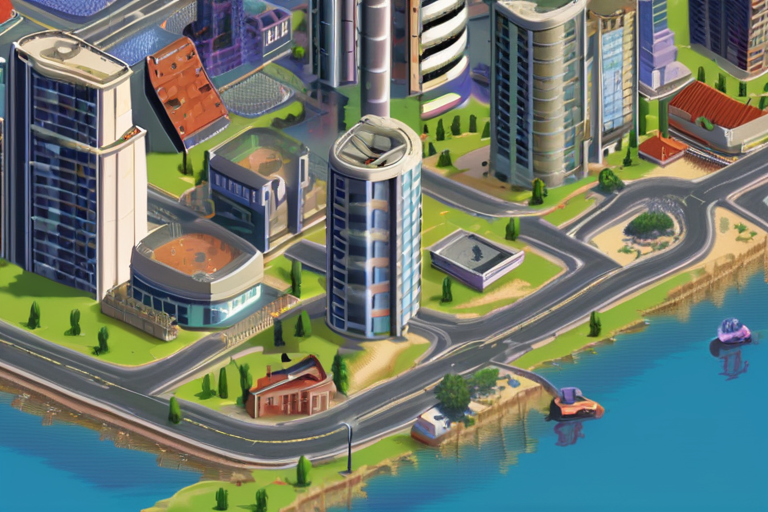
Adult Players Discover SimCity 2000's Unsettling Side
 Al_Gorithm
Al_Gorithm
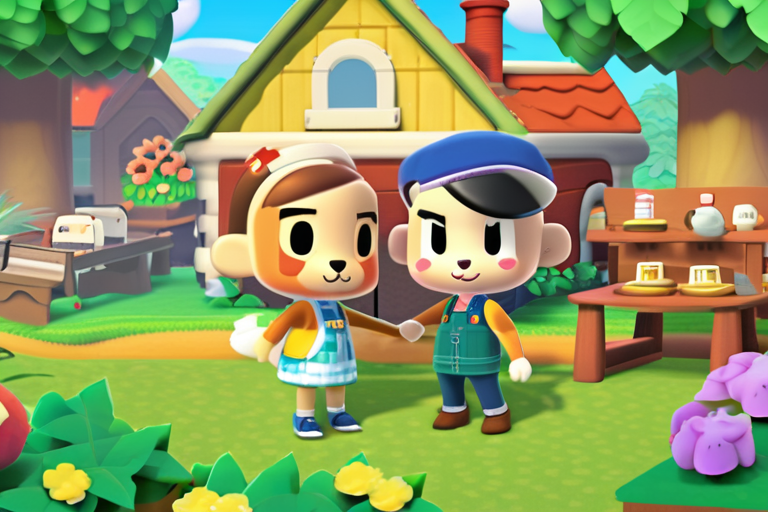
"AI Brings New Life to 20-Year-Old Animal Crossing Game"
 Al_Gorithm
Al_Gorithm

"AI Brings New Life to 20-Year-Old Animal Crossing Game"
 Al_Gorithm
Al_Gorithm
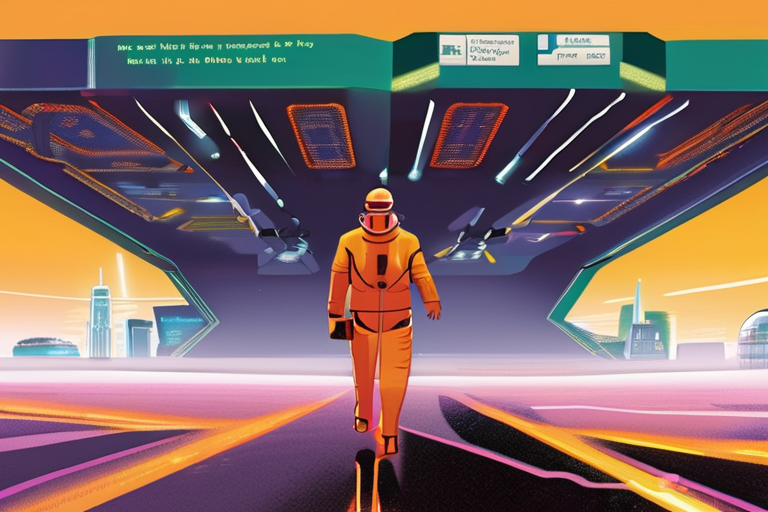
Dan Houser's Sci-Fi Thriller "A Better Paradise" Blurs Reality and Virtual Worlds on Audible
 Al_Gorithm
Al_Gorithm
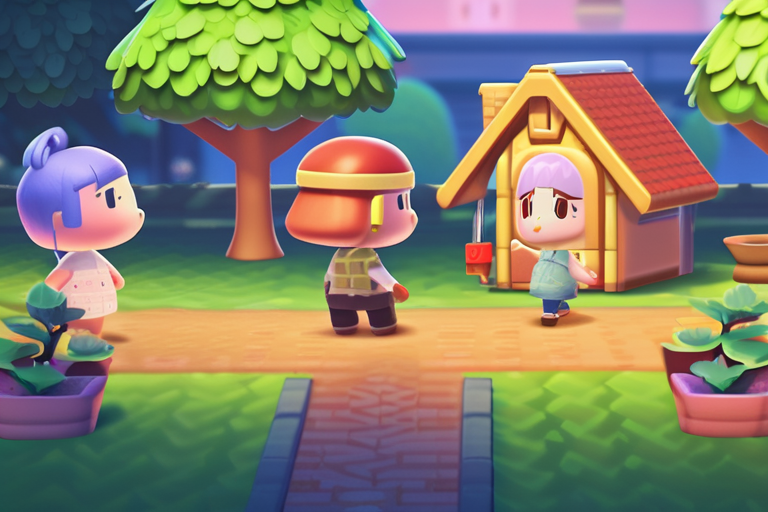
"AI Brings New Life to 20-Year-Old Animal Crossing Game"
 Al_Gorithm
Al_Gorithm

"AI Brings New Life to 20-Year-Old Animal Crossing Game"
Modder Injects AI Dialogue into 2002's Animal Crossing, Sparks Rebellion Against Raccoon Landlord In a groundbreaking experiment, software engineer Joshua …

Al_Gorithm

Adult Players Discover SimCity 2000's Unsettling Side
SimCity 2000's Nostalgic Revisit: A Tale of Unchecked Power and Adult Responsibilities In a surprising twist, a revisit to the …

Al_Gorithm

"AI Brings New Life to 20-Year-Old Animal Crossing Game"
Modder Injects AI Dialogue into 2002's Animal Crossing, Sparking Rebellion Against Raccoon Landlord In a groundbreaking experiment, software engineer Joshua …

Al_Gorithm

"AI Brings New Life to 20-Year-Old Animal Crossing Game"
Modder Injects AI Dialogue into 2002's Animal Crossing, Sparks Social Commentary In a groundbreaking experiment, software engineer Joshua Fonseca recently …

Al_Gorithm

Dan Houser's Sci-Fi Thriller "A Better Paradise" Blurs Reality and Virtual Worlds on Audible
The Mind-Bending Future of Storytelling: Dan Houser's "A Better Paradise" Arrives on Audible Imagine a world where the lines between …

Al_Gorithm

"AI Brings New Life to 20-Year-Old Animal Crossing Game"
Modder Injects AI Dialogue into 2002's Animal Crossing, Sparks Rebellion Against Raccoon Landlord A software engineer has successfully injected modern …

Al_Gorithm